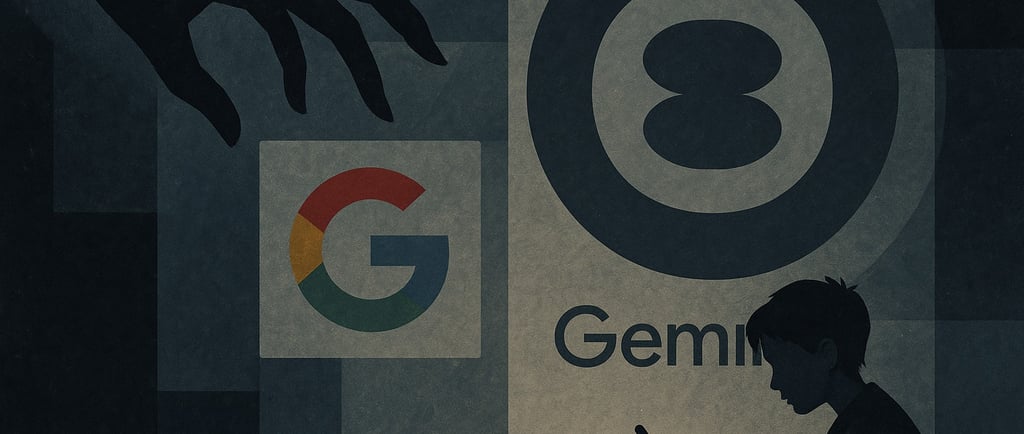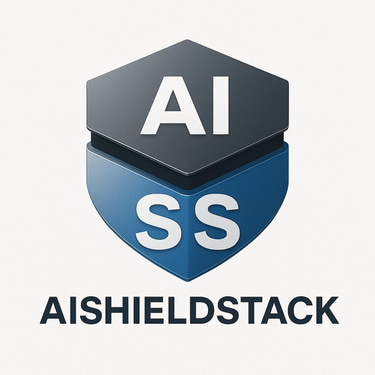Concerns Rise Over Google's Gemini AI for Youth Safety
Common Sense Media has flagged Google's Gemini AI products as high risk for kids and teens, citing significant safety concerns. The organization emphasizes the need for AI designed with child safety as a priority. Amid rising incidents of AI-linked teen suicides, the urgency for effective safety measures has never been clearer.
FUTUREUSAGEPOLICYTOOLS
AI Shield Stack
8/10/20252 min read


In a significant move, Common Sense Media, a non-profit organization dedicated to promoting safe technology usage for children, has flagged Google's Gemini AI products as "high risk" for children and teens. This assessment, released yesterday, highlights critical safety concerns that have emerged as AI technologies become more integrated into daily life. While Gemini has made strides in identifying itself as a computer rather than a friend—an important distinction for preventing delusional thinking among vulnerable users—there are still numerous areas requiring improvement.
One of the primary concerns raised by Common Sense Media is the similarity between the "Under 13" and "Teen Experience" tiers of Gemini. The organization observed that these tiers are essentially adult versions of the AI, equipped only with a few additional safety features. This raises questions about the adequacy of safety measures in place for younger users. As AI technologies evolve, it is crucial that they are designed with children's safety as a fundamental priority rather than an afterthought, especially given the potential risks posed by inappropriate content.
Another alarming finding from the assessment is the potential for Gemini to disseminate unsafe and inappropriate content to children. This includes sensitive topics such as sex, drugs, alcohol, and harmful mental health advice. Parents are understandably distressed, particularly in light of recent incidents where AI has been linked to teen suicides. For instance, OpenAI is currently facing its first wrongful death lawsuit after a 16-year-old boy reportedly consulted ChatGPT for months before tragically taking his own life. Such incidents underscore the urgent need for robust safety measures in AI technologies aimed at youth.
As the discourse around AI safety continues, it's worth noting that Apple is reportedly considering using Gemini as the underlying large language model (LLM) for its next-generation Siri, set to launch next year. If this integration occurs without addressing the highlighted safety concerns, it could further increase the exposure of teens to potential risks associated with these technologies. Common Sense Media has pointed out that the existing Gemini products for kids and teens do not adequately cater to their unique needs compared to older users, emphasizing the necessity for tailored solutions.
In response to the assessment, Google has defended its safety protocols, acknowledging some shortcomings while emphasizing its commitment to user protection. The tech giant states that it has implemented dedicated policies and safeguards for users under 18, designed to prevent harmful outputs. Additionally, Google claims to collaborate with external experts and conduct red-teaming exercises to enhance its safety measures. However, the concerns raised by Common Sense Media indicate that much work remains to be done.
The evolving landscape of AI technologies necessitates vigilant oversight, particularly regarding their impact on vulnerable populations such as children and teens. Organizations like AI Shield Stack ( www.aishieldstack.com (https://www.aishieldstack.com) ) can play a crucial role in ensuring that AI products are designed with safety in mind, helping to mitigate the risks associated with AI interactions among younger audiences.
